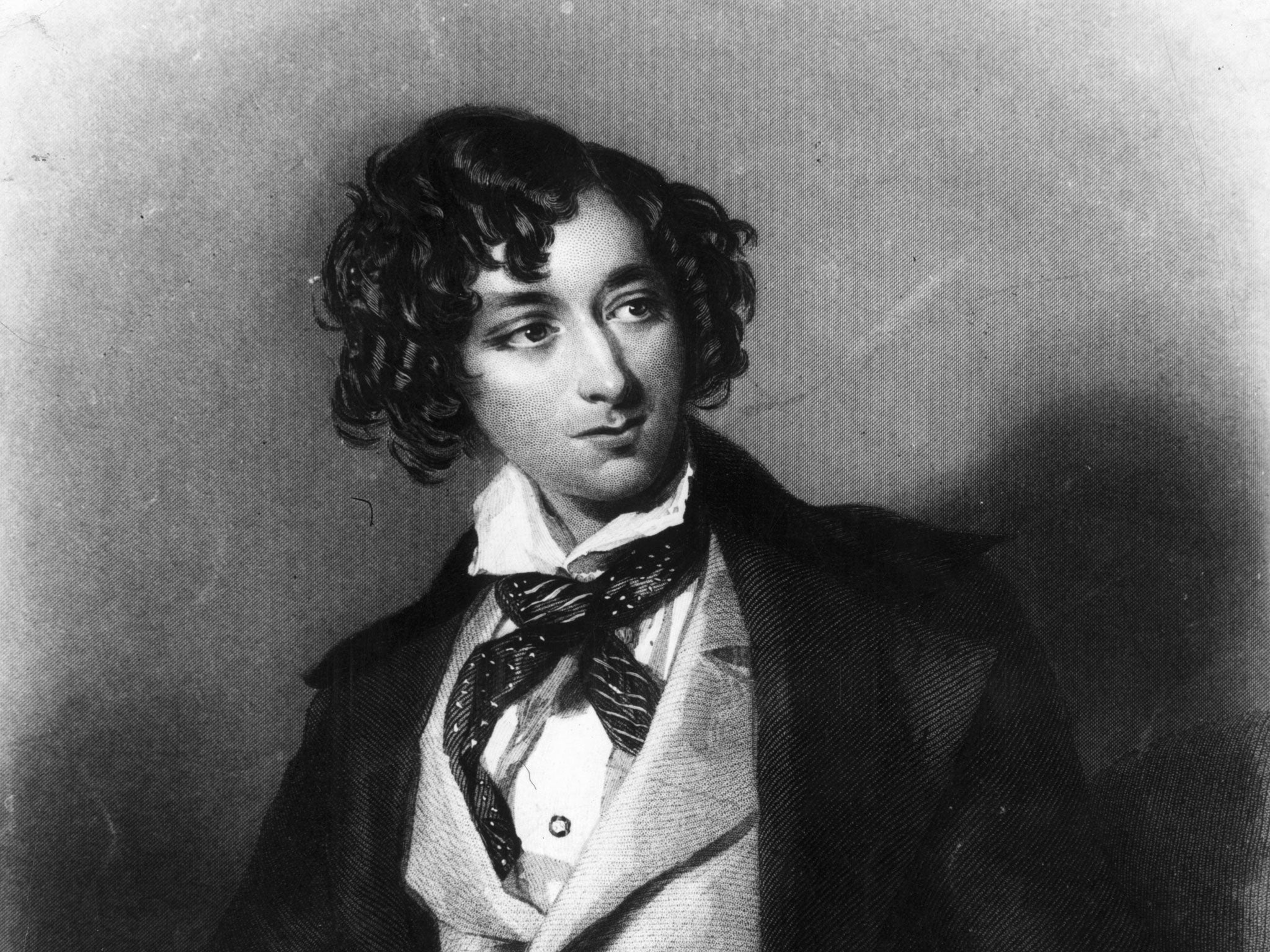Mr and Mrs Disraeli: A Strange Romance by Daisy Hay, book review
Daisy Hay's fine double biography draws on revealing correspondence

This is a fabulous book, as if Jane Austen were writing for a modern newspaper. It tells the story of the remarkable private life of a Prime Minister and his wife. Instead of hacked voicemails, it draws on Mary Anne Disraeli's collection of letters to provide the details of what Daisy Hay calls their "strange romance".
It is this correspondence – not much used by previous historians, according to Hay – that makes the book, although she quotes from the letters sparingly. Most of the book is a conventional historical biography, or joint biography as the two lives run separately, then touch, then intertwine.
A fine historian, Hay makes sense of what people thought about social status and marriage at the time. By quoting Mrs Bennet's "£10,000 a year" from Pride and Prejudice, she explains Mary Anne's first marriage, to Wyndham Lewis, who made his wealth in the iron business and who later became an MP. She is just as good in sketching the aristocracy, still in the grips of the "vices of duelling, suicide, gambling and adultery", on the fringes of which Mary Anne and Disraeli struggled for social advance and respectability.
Mary Anne uses some lovely old constructions in her letters – at least, I assume they are old; they might just be mistakes, as her spelling and grammar were erratic, and Hay preserves the original without interrupting with irritating [sic]s. "I rose the money by the sail of my white lace vail and two rings which I got sold for me in London," is a particular delight. Mary Anne was always trying to raise money for her brother John, who wanted it to buy promotions in the army.
The book is full of wonderfully observed detail, which Hay allows the reader to enjoy instead of giving us the signposting that lesser historians think is needed. For example, Mary Anne first came across Disraeli, 12 years her junior, when she read what Hay calls his "silver-fork" novel, Vivian Grey. "She copied chunks of it into her commonplace book" – the blog of its day – "excerpting more than from any other novel of the period."
The central episode of the romance, though, requires extensive quotation from Disraeli's passionate letters – one in particular, in which he rages against her accusation that he wanted to marry her only for her money. That had been true, he said, but then he fell in love and now, because she wouldn't trust him, it was all over. Hay pieces the narrative together from the incomplete exchange of letters with great skill, and interposes her own judgements unobtrusively. She suggests that Disraeli was desperate to marry to pay off his debts, including those incurred in his election to the House of Commons two years earlier, but that he had also persuaded himself that he felt something for her.
When he got what he wanted, a "marriage settlement" (which would now be called a pre-nuptial agreement) was drawn up itemising Mary Anne's possessions "down to the kitchen utensils" and making clear that none of them was Disraeli's. Hay comments: "Mary Anne had already shown generosity with both her house and her money, and Disraeli was in no position to quibble about the dispositions of salt cellars."
Hay has one lapse, falling for that terrible affliction the television historian's present tense. At Osborne, Queen Victoria's house on the Isle of Wight, Disraeli "wears two greatcoats and a waistcoat as protection against the elements", she writes, in a passage revealing that cold weather was an ever-present topic in the Disraelis' letters.
Her writing is plain and clear, which is the highest praise on my praise-meter. There is not so much here about Disraeli's role in creating the modern Conservative party, and thank goodness. This book is much better than that: it is a great story of life and loves in a time when making the right marriage really mattered.
Join our commenting forum
Join thought-provoking conversations, follow other Independent readers and see their replies
Comments
Bookmark popover
Removed from bookmarks